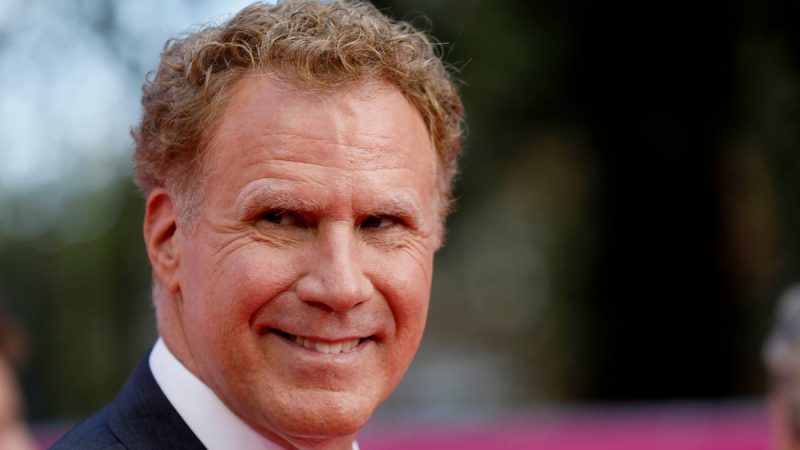In a recent campaign ad for Vice President Kamala Harris, actor Will Ferrell stirred controversy by adopting a confrontational and aggressive tone towards undecided voters. The ad, which quickly went viral, featured Ferrell standing in a dimly lit room, pointing directly at the camera and saying, Shut the f**k up, Gary! This unexpected outburst has sparked discussions about the effectiveness of using such unconventional tactics in political advertising.
While Ferrell is known for his comedic performances and outlandish characters, his portrayal in this campaign ad took a starkly different turn. By directly addressing a hypothetical undecided voter named Gary and using explicit language, Ferrell adopted a bold and provocative approach that deviates from the more traditional and polished political ads we are accustomed to seeing. This departure from the norm certainly grabbed attention, but at what cost?
Critics argue that Ferrell’s aggressive demeanor and explicit language may alienate voters rather than persuade them. Political ads are intended to sway undecided voters and mobilize support for a candidate, making it crucial to strike the right balance between capturing attention and delivering a compelling message. While shock value can be effective in capturing interest, it also runs the risk of overshadowing the actual substance of the message and turning off potential supporters.
On the other hand, supporters of the ad laud Ferrell for his willingness to push boundaries and break away from the cookie-cutter mold of political advertising. By injecting humor and raw emotion into the ad, Ferrell’s performance resonated with some viewers who appreciated the candid and unfiltered approach. In an era saturated with polished and rehearsed political messaging, Ferrell’s authenticity and unpredictability stood out as a refreshing change.
The decision to use a high-profile celebrity like Will Ferrell in a campaign ad also raises questions about the role of celebrity endorsements in politics. While celebrities can undoubtedly attract attention and amplify a candidate’s message, they also bring their own baggage and risk overshadowing the substance of the campaign. Ferrell’s involvement in this ad underscores the fine line that candidates must tread when enlisting celebrity support.
In conclusion, Will Ferrell’s bold and unconventional approach in Vice President Kamala Harris’s campaign ad has sparked debate and controversy. While his performance succeeded in grabbing attention and injecting humor into the political arena, it also raised concerns about the trade-offs between creativity and effectiveness in political advertising. As the boundaries of political messaging continue to evolve, it remains to be seen how this ad will impact voter perceptions and ultimately, the campaign’s success.
